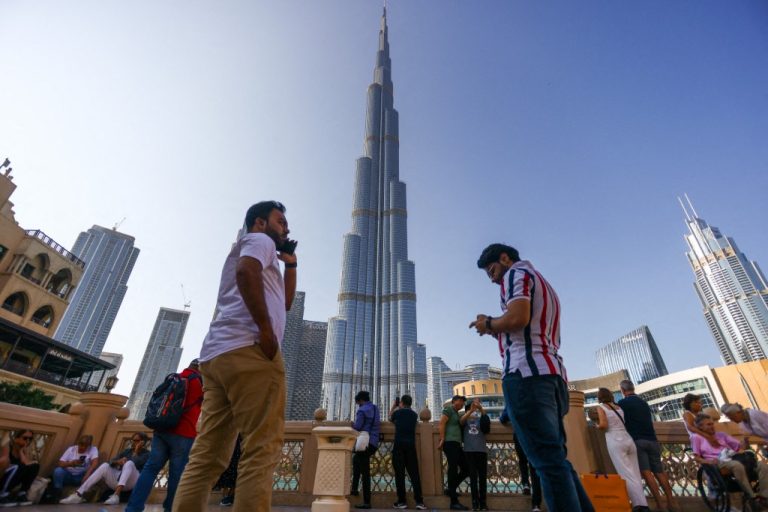São Paulo – The United Arab Emirates is expected to continue growing, driven by robust domestic activity, and has a sound economic outlook despite global risks and uncertainties. The information comes from a report by the International Monetary Fund (IMF) made public this Monday (16).
The financial institution’s team, led by advisor and head of mission Ali Al-Eyd, was in the country from September 25 to October 3 this year to discuss economic and financial developments, perspectives, and policy and reform priorities.
“The economy continues to grow, benefiting from strong domestic activity,” said Al-Eyd. Non-oil Gross Domestic Product (GDP) growth is projected to exceed 4% in 2023 and remain at a similar pace in 2024, driven by tourism, construction, and real estate.
The head of the mission said social and business reforms continue to attract foreign inflows of capital and labor, sustaining the country’s growth and contributing to the climb in real estate prices, especially in the high-end segment.
After production cuts by the Organization of the Petroleum Exporting Countries and its allies (OPEC+), hydrocarbon GDP growth is expected to slow down this year but regain momentum in 2024 when the UAE’s production quota increase comes into force in OPEC+. The country’s real GDP is expected to grow by around 3.5% this year.
Fiscal and external surpluses are projected to remain high, backed by oil prices. The fiscal surplus is expected to reach around 5% of GDP in 2023, driven by oil revenues and robust economic activity. The phased entry into force of corporate income tax last June could support higher non-oil revenues in the medium term.
Al-Eyd recalled prospects remain subject to global uncertainty. He said declining oil demand, reduced global trade and tourism due to slow international growth, high interest rates, tight financial conditions, and geopolitical turmoil could weigh on the country’s growth.
Translated by Elúsio Brasileiro




